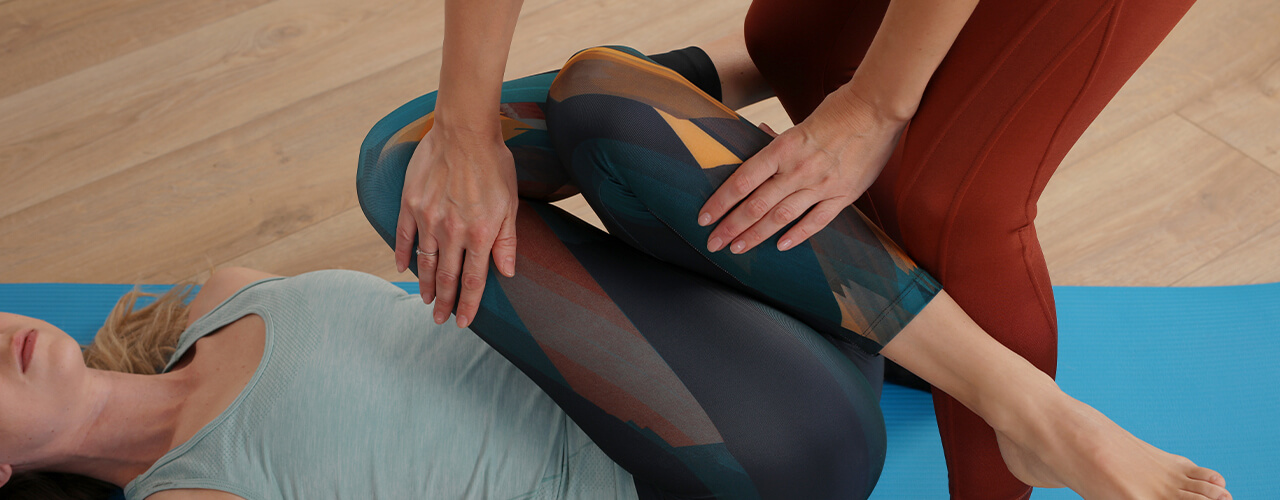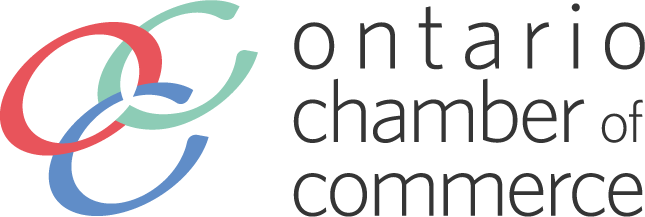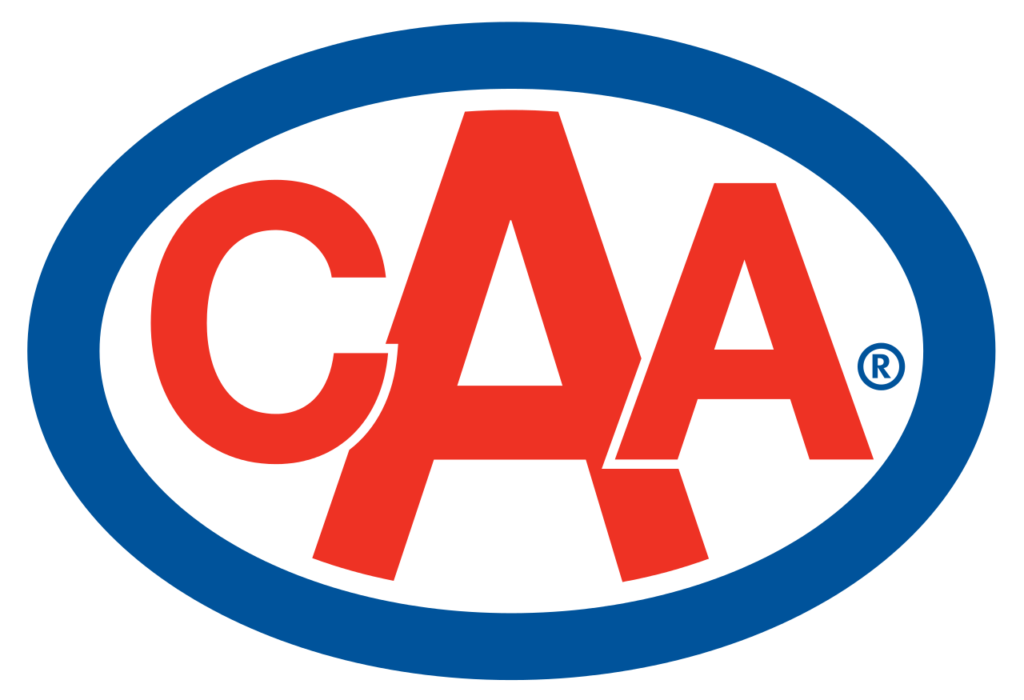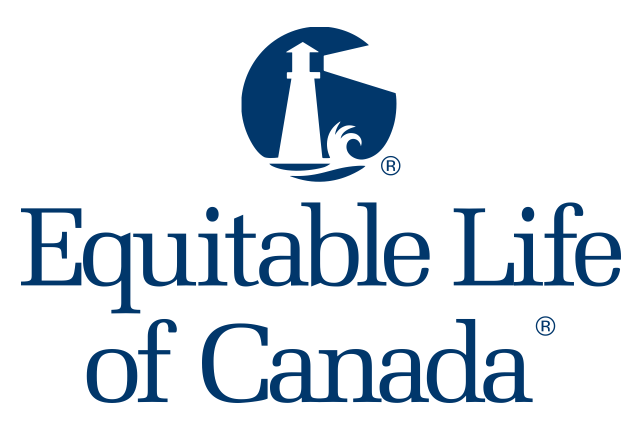Pelvic Floor Physiotherapy in Orillia
Our team provides pelvic floor rehabilitation to help you improve your pelvic health and live confidently. Call us today to book an appointment to start improving your quality of life.
Reasons to see a physiotherapist with pelvic floor training could include dysfunction, pain during intercourse, difficulty starting urine stream, if you have unresolved low back, hip or pelvic pain or if you have pain in the vagina, perineum, rectum, bladder region, or penile, testicular or prostate pain.

Meet Our Pelvic Floor Physiotherapists

What to Expect During a Pelvic Floor Assessment
A pelvic floor assessment includes a thorough history taking and evaluation of lumbopelvic function, abdominal stability and pelvic floor function which may include an internal examination. The goal of the assessment is to determine the cause of your incontinence or pain and which treatment would be most beneficial for you. Treatment may include education regarding normal bowel and bladder function (including dietary and lifestyle factors), pelvic floor muscle awareness and retraining exercises, manual therapy techniques, and myofascial trigger point and connective tissue treatment. Education about persistent pain may also be an important part of treatment as the pelvic area is often an area where we hold our stress.
Best Evidence Guidelines (Cochrane, 2010) state that Pelvic Floor Physiotherapy (using internal examination to teach the exercises) should be the FIRST line of defence against all forms of stress, urge and mixed incontinence before surgical consultation. Your physiotherapist will work with you to achieve your goals and improve your quality of life.
Common Pelvic Conditions We Treat
Insurance Providers We Accept
We accept and offer direct billing to a variety of insurance providers.
Gain Confidence and Return to Your Daily Activities
Personalized Treatment Plan
We know that every patient is unique. That’s why we provide pelvic floor assessment and treatment that are tailored to your needs.
Experienced Team of Clinicians
Our highly trained physiotherapists can provide you with specialized pelvic floor care to reduce pain and help you regain confidence.
Convenient Location and Booking
We’ve been part of the Orillia community for a long time. We offer a convenient clinic location and a variety of booking options.

What is Pelvic Floor Dysfunction?
It is often thought that nothing can be done for those with incontinence, prolapse or pelvic pain. It is also thought that Kegels are the only treatment for pelvic floor dysfunction – this is absolutely not the case! Kegels are often not appropriate, and if they are indicated, they are frequently performed incorrectly.
The pelvic floor muscles are a group of muscles that attach to the front, back and sides of the pelvic bone and sacrum. They are like a hammock or a sling, and they support the bladder, uterus, prostate and rectum. They also wrap around the urethra, rectum, and vagina (in women). These muscles must be able to contract to maintain continence, and relax to allow for urination, bowel movements, and in women, sexual intercourse. Incontinence is NOT a normal part of aging, nor is it normal post pregnancy.
Pelvic floor dysfunction can be caused by HYPOTONICITY (weak pelvic floor muscles), or by HYPERTONICITY (tight pelvic floor muscles).
How to Get Started
Request An Appointment
Call us at 705-327-7876 or book online to get started.
Get A Custom Treatment Plan
Our team will create a treatment plan specific to your injury and needs.
Recover & Enjoy Life Pain-Free!
Our goal is to get you back to feeling great and living the life you want




















